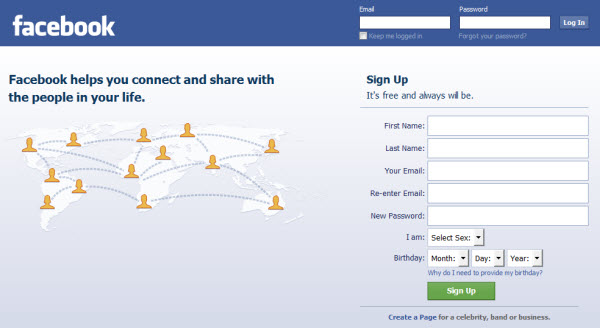Facebook CEO Mark Zuckerberg was recently put in hot water over a Facebook data scandal in which a third-party app leaked the data of 87 million Facebook profiles to a firm called Cambridge Analytica. In fact, even Zuckerberg himself wasn’t spared from the leak, whose profile was also collected by the app.
Who is Cambridge Analytica?
Cambridge Analytica is a company that was created by right-wing billionaire Robert Mercer that collects data on millions of online profiles and formulates strategies based on those data to specifically target ads they show to you based on your preferences and online activity. Basically, every click, every like, every post you share, every thread and group you’ve been a member in, and every tweet you retweet, they collect that data to “give you what you want.”
Reports also indicate that the company played a huge role in the election of Donald Trump as American president in 2016. Cambridge Analytica mined data on American voters about political beliefs, ideologies, and preferences and specifically targeted politically-charged messages based on the voter’s sentiments. They would also use this data to plan Trump’s visits. For instance, if collected data indicated strong political sentiments about immigration near the Mexican border, Trump would then plan a trip to those counties and give speeches about immigration laws.
What Does This Mean For You?
The news about the use of personality quizzes to gather personal user data and use them for political purposes was a shocking revelation. Personality quizzes were treated as a fun tool to “see what you look like in 20 years” or “find out which type of banana you are.” However, this type of tactic has been widely used in years by online digital marketers and market researchers. In Cambridge Analytica’s case, they used “thisisyourdigitallife”.
For most of us who were shocked by the news, this highlighted the ease in which companies are able to obtain our personal data. This is an enormous breach in privacy and trust in the apps that we use every day. And for the most part, it makes us feel naked and vulnerable.
This goes to show that we should be careful about what we click, what we share, and which apps to which we give permission. This also goes to how we use our credit cards and to whom we provide our credit information. We could easily fall for marketing ploys, or even to fraud, considering how easy it was to collect those pieces of information.

